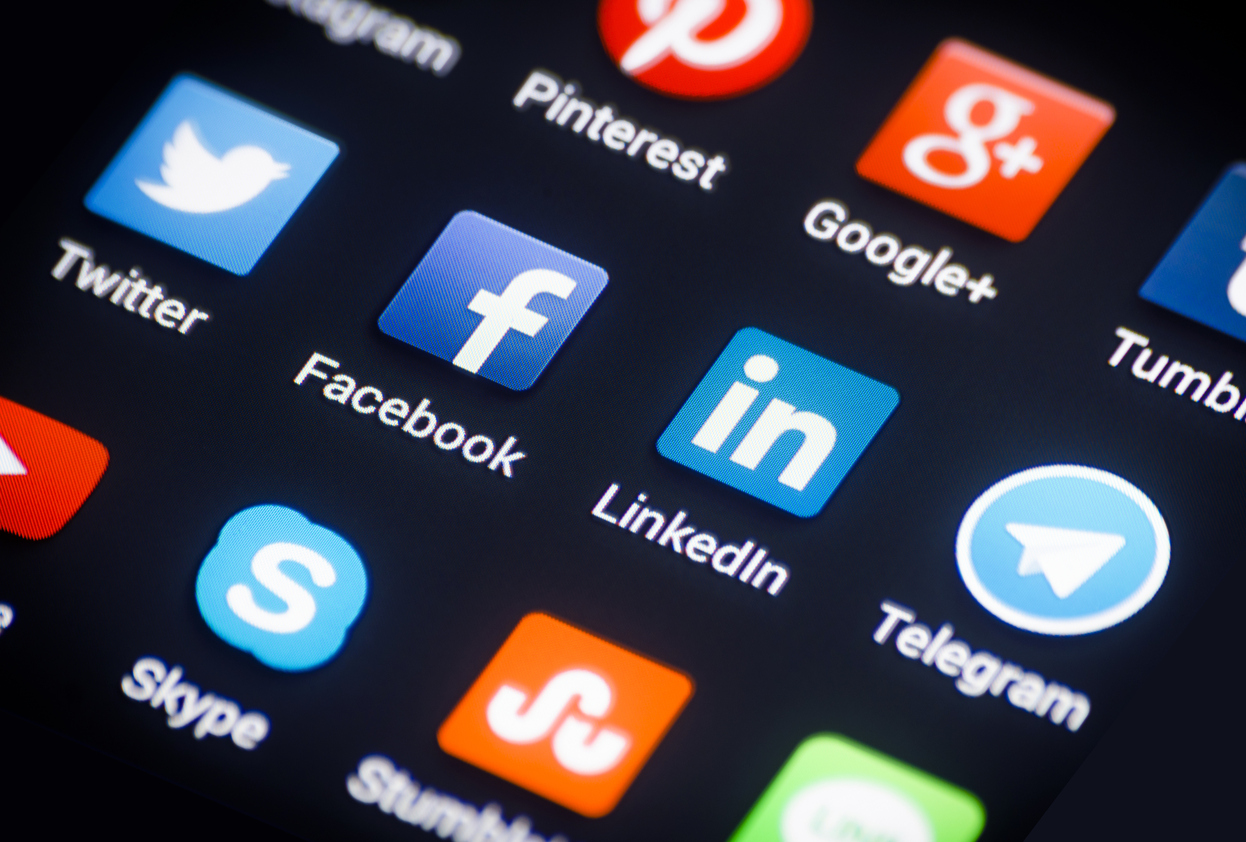Social media users more likely to break COVID-19 lockdown rules - study

People who get information about coronavirus from social media platforms such as Facebook and YouTube are more likely to believe conspiracy theories about COVID-19 and to have broken lockdown rules, research has found.
The research by King’s College London and Ipsos MORI was based on three separate surveys and has been published in a peer-reviewed article by KCL’s academics and in the journal Psychological Medicine.
The three studies involved 2,254 interviews with UK residents aged 16-75, carried out online between 20 and 22 May and tested seven statements about coronavirus.
Findings showed that three in 10 think coronavirus was probably created in a lab, up from a quarter (25%) at the beginning of April.
30% also beleved the COVID-19 death toll is being deliberately reduced or hidden by the authorities, and one in seven believed that the death toll is being deliberately exaggerated by the authorities.
One in eight (13%) believe that the current pandemic is part of a global effort to force everyone to be vaccinated and more than one in 20 (8%) believe that the symptoms that most people blame on COVID-19 appear to be connected to 5G network radiation.
More than one in 20 (7%) believe there is no hard evidence that COVID-19 really exists.
Authors went on to find a statistically significant link between conspiracy theories and using social media.
Those who are more likely to get a “fair amount” or a “great deal” of information about the virus from Facebook and YouTube were more likely to believe the conspiracy theories.
60% of those who believe the virus is linked to 5G radiation get their information from YouTube, compared with 14% of those who think that’s false.
56% of people who believe there’s no hard evidence COVID-19 exists use Facebook as a key information source, almost three times higher than the proportion of non-believers who do (20%).
45% of those who believe COVID-19 deaths are being exaggerated get a lot of their information from Facebook, more than twice the 19% of non-believers who say the same.
Lockdown rules
The article also finds that people who have broken the lockdown rules are more likely to be getting their information on the virus from social media.
Latest findings find that 58% of those who have gone outside with COVID-19 symptoms use YouTube as a main information source, compared with 16% of those who haven’t.
18% of those who have obeyed the two-metre rule get a lot of their information from the video streaming site, in contrast to 42% among those who haven’t obeyed it.
Three in 10 (28%) of those who believe coronavirus death figures are being exaggerated have had friends or family visit them at home – more than twice as many as the 12% of non-believers who have done the same.
There was also a link with political views, with 39% of Conservative voters thinking coronavirus was probably created in a lab, compared with 23% of Labour voters. And belief among Tory voters has risen by 14 points since early April.
Leave voters (43%) are twice as likely as Remain voters (20%) to believe the virus was created in a lab.
Dr Daniel Allington, Senior Lecturer in Social and Cultural Artificial Intelligence at King’s College London, said: “Our findings suggest that social media use is linked both to false beliefs about COVID-19 and failure to follow the clear-cut rules of the lockdown.
“This is not surprising, given that so much of the information on social media is misleading or downright wrong. Now that some of the lockdown rules are being relaxed, people will have to make more and more of their own decisions about what is safe or unsafe – which means that access to good-quality information about COVID-19 will be more important than ever.
“It’s time for us to think about what action we can take to address this very real problem.”












